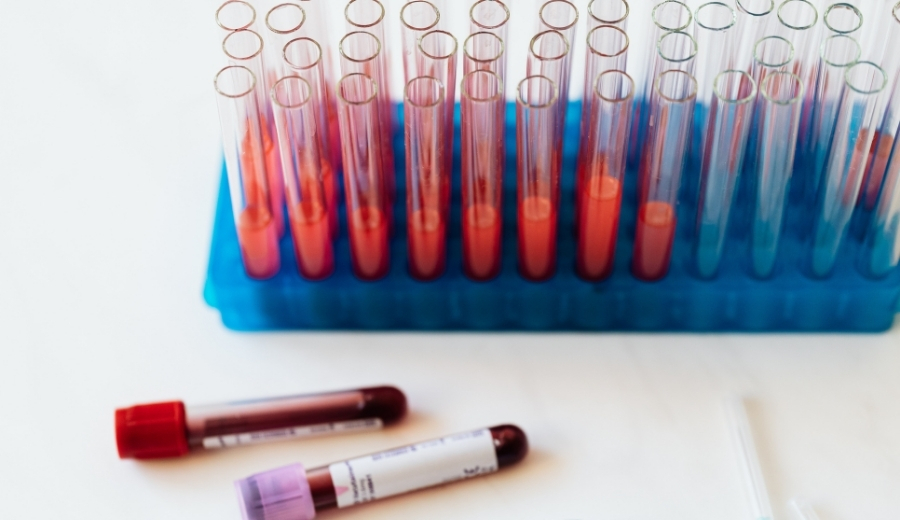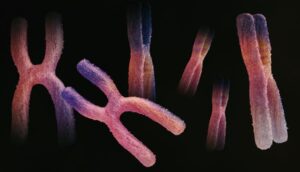Genetic Testing for Rare Blood Disorders: Changing Lives in India
In India, a country marked by its vast population and equally diverse genetic makeup, rare blood disorders have often gone undiagnosed or misdiagnosed, leading to chronic health issues and decreased quality of life. However, the advent of genetic testing is beginning to transform the landscape of healthcare, particularly in the diagnosis and management of rare blood disorders. This article delves into how genetic testing is being integrated into the Indian healthcare system and its pivotal role in altering the approach toward rare blood disorders.
The Current Landscape of Genetic Testing in India
The integration of genetic testing into the Indian healthcare framework is relatively new but rapidly evolving. Historically, the availability and affordability of genetic testing have been major barriers. However, recent advancements in biotechnology and a reduction in costs have made these tests more accessible to the general population. Major cities and some rural areas now have facilities equipped to perform genetic analyses, which are crucial for the accurate diagnosis of rare genetic disorders.
In India, public awareness about genetic testing is also growing. Educational campaigns and government initiatives are increasingly emphasizing the importance of genetic screening, particularly for couples planning families. This is a significant step forward in a society where genetic disorders are often stigmatized, and genetic literacy can pave the way for more informed health decisions. Moreover, collaborations between Indian and international research institutes have bolstered the genetic testing framework, enhancing both the quality and the scope of testing.
Despite these advances, the distribution of genetic testing facilities is uneven, with a concentration in urban centers. Rural areas, where a significant portion of the population resides, still suffer from a lack of access. Additionally, there is a need for trained genetic counselors who can guide patients through the complexities of genetic results, ensuring that the benefits of genetic testing reach all layers of society.
Impact on Diagnosis and Treatment of Rare Disorders
The impact of genetic testing on the diagnosis and treatment of rare blood disorders in India has been groundbreaking. Conditions like thalassemia, sickle cell anemia, and hemophilia, which are prevalent in certain Indian communities, can now be diagnosed accurately and early in life. This early diagnosis is crucial, as it allows for timely interventions and better management of the disease, potentially saving lives and improving life quality.
Genetic testing has not only facilitated the detection of rare disorders but has also revolutionized their treatment protocols. For instance, therapies tailored to the genetic profile of an individual, particularly in the field of pharmacogenomics, allow for more precise and effective treatment plans. This personalization of medicine helps in mitigating the typical ‘trial and error’ approach and significantly reduces the adverse effects associated with generalized treatment strategies.
Furthermore, genetic testing plays a vital role in family planning and genetic counseling, enabling families with histories of blood disorders to make informed decisions. The knowledge of carrier status for diseases like thalassemia allows prospective parents to understand their risks and consider options such as preimplantation genetic diagnosis (PGD) or prenatal testing. This proactive approach in managing genetic health can prevent the transmission of these disorders to future generations, providing a new dimension of preventive care.
Conclusion
The landscape of genetic testing in India, particularly for rare blood disorders, is one of both challenges and opportunities. While the technology and infrastructure continue to develop, the promise it holds for transforming the lives of patients is immense. As genetic testing becomes more widespread and integrated into public health policy, it offers hope for a future where rare blood disorders are no longer a burden. With continued investment and education, genetic testing has the potential to significantly alter the course of healthcare in India, making it more personalized, effective, and inclusive.






